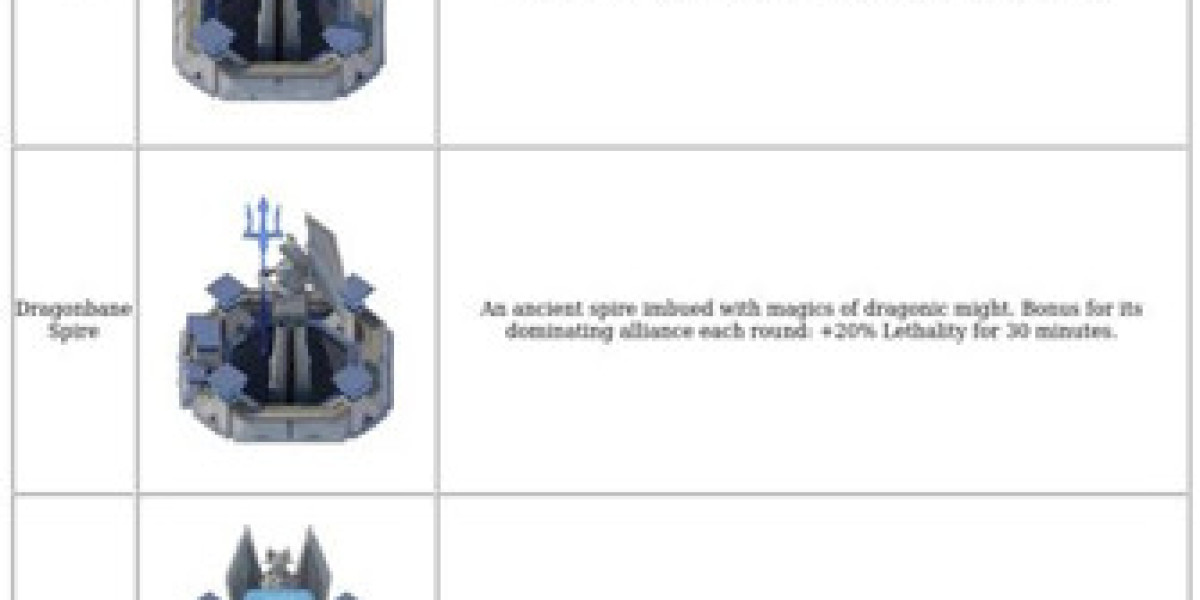Cardiology is a highly specialized field of medicine focused on diagnosing, treating, and preventing heart-related diseases. As cardiovascular conditions continue to rise globally and in India, cardiologists are in high demand. Becoming a cardiologist in India requires an extensive educational journey, including a strong foundation in medicine, followed by super-specialized training in cardiology. Additionally, certain certifications and qualifications are required to practice as a cardiologist in India.
In this article, we’ll explore the key qualifications, certifications, and pathways required to pursue a career as a cardiologist in India.
1. Educational Path to Become a Cardiologist
Step 1: Completing a Bachelor of Medicine and Bachelor of Surgery (MBBS)
The journey to becoming a cardiologist begins with the completion of an MBBS degree. This is the foundational qualification required to practice medicine in India. The MBBS program typically lasts five and a half years, which includes both academic coursework and practical training in hospitals and clinics. During the MBBS program, students are taught a wide range of medical subjects, including anatomy, physiology, pharmacology, and pathology, which lay the groundwork for advanced medical study.
To enter an MBBS program in India, aspiring students must pass a highly competitive entrance exam, such as the NEET-UG (National Eligibility cum Entrance Test). The MBBS degree is a prerequisite for pursuing further specialization in cardiology.
Step 2: Postgraduate Degree in Medicine (MD) or Surgery (MS)
After completing the MBBS, the next step is to pursue a postgraduate medical degree, either a Doctor of Medicine (MD) in General Medicine or Master of Surgery (MS) in General Surgery. This advanced training usually takes three years to complete and provides in-depth knowledge of medical conditions, diagnostics, and patient care.
While some cardiologists may have an MS (in general surgery), most cardiologists in India pursue an MD in general medicine because it provides the broad medical knowledge and clinical experience necessary for specialization in cardiology.
Admission to MD/MS programs is highly competitive, and candidates must clear the NEET-PG (National Eligibility cum Entrance Test for Postgraduates) to secure a seat in a medical college.
Step 3: Super-Specialization in Cardiology (DM in Cardiology)
After completing the MD/MS, the next step is to pursue DM (Doctorate of Medicine) in Cardiology, which is a super-specialization degree. The DM in Cardiology is a highly specialized 3-year program that focuses entirely on diseases of the heart, circulatory system, diagnostic techniques, treatments, and advanced medical interventions.
The DM Cardiology program provides cardiologists with the skills required for managing complex cardiac conditions, including coronary artery diseases, heart failure, arrhythmias, and pediatric cardiology, among others. Cardiologists also learn how to perform interventional cardiology procedures such as angioplasty, stenting, and catheter-based treatments during their training.
Admission to DM programs is competitive, with candidates required to clear the NEET-SS (National Eligibility cum Entrance Test for Super Speciality) exam. Top medical institutions such as AIIMS, PGIMER, and Banaras Hindu University (BHU) offer DM programs in cardiology.
2. Certifications and Additional Qualifications
In addition to completing the MD/MS and DM, there are certain certifications and additional qualifications that cardiologists can pursue to enhance their skills and increase their employability in India. Some of these certifications are recognized both nationally and internationally.
A. Fellowship in Cardiology
While a DM in Cardiology is the primary qualification for a cardiologist in India, a fellowship in cardiology offers additional expertise in specific subspecialties. Fellowships are often pursued after completing a DM in Cardiology. These include:
- Fellowship in Interventional Cardiology: This certification focuses on advanced techniques in coronary interventions such as angioplasty, stent placement, and catheter-based treatments.
- Fellowship in Electrophysiology: Electrophysiology deals with heart rhythm disorders, including arrhythmias. This fellowship trains cardiologists to perform procedures such as catheter ablation for arrhythmia management.
- Fellowship in Pediatric Cardiology: A pediatric cardiology fellowship equips cardiologists with the knowledge and skills to diagnose and treat congenital heart conditions in children.
Fellowships are typically one to two years long and are offered by hospitals and medical institutions that specialize in cardiology.
B. National Board of Examinations (NBE) Certification
In addition to the DM degree, cardiologists can opt to pursue certifications from the National Board of Examinations (NBE), which offers the DNB (Diplomate of National Board) in Cardiology. The DNB certification is an alternative to the DM degree, with a similar curriculum but a different structure and assessment process.
The DNB is considered a prestigious qualification and is widely recognized in India. Cardiologists with a DNB certification may work in both government and private hospitals, and it is often preferred in institutions that value NBE qualifications.
C. International Certifications
Many cardiologists in India pursue international certifications to expand their qualifications and increase their global employability. Some of the well-known international certifications include:
- Fellow of the American College of Cardiology (FACC): This certification is awarded to cardiologists who have passed examinations and met experience requirements set by the American College of Cardiology. FACC certification is recognized globally and often boosts a cardiologist’s credentials when working abroad or in collaboration with international healthcare institutions.
- European Society of Cardiology (ESC) Certifications: The ESC offers various cardiology-related certifications, particularly for those interested in specialized areas such as heart failure or arrhythmias.
- Royal College of Physicians (RCP) Certification: Cardiologists who are interested in practicing abroad or seeking international recognition may also consider certification from the Royal College of Physicians, UK.
3. Other Requirements and Skills
A. Licensure
After completing the necessary academic qualifications, cardiologists must also be licensed to practice in India. This is done through the Medical Council of India (MCI) or the respective State Medical Council. The MCI issues a medical registration number that allows cardiologists to legally practice in India. This registration is a mandatory requirement to work in hospitals or establish private practice.
B. Soft Skills and Continued Learning
Apart from formal qualifications and certifications, cardiologists are expected to have a set of soft skills that are crucial for providing high-quality patient care. Strong communication, empathy, and the ability to work under pressure are essential traits for cardiologists, as they often deal with life-threatening conditions and have to make quick, informed decisions.
Moreover, cardiologists must engage in continuous medical education (CME) to stay updated on the latest developments in cardiology. Medical conferences, journals, and workshops are great ways for cardiologists to keep their knowledge current and continue learning throughout their careers.
4. Conclusion
Becoming a cardiologist in India requires a substantial educational commitment, starting with an MBBS degree and progressing through a postgraduate degree in general medicine, followed by super-specialized training in cardiology (DM in Cardiology). Additional qualifications, such as fellowships, national certifications, and international credentials, can enhance a cardiologist’s skillset and improve job prospects.
As India faces an increasing burden of cardiovascular diseases, the demand for skilled cardiologists continues to rise. By completing the required educational path, obtaining certifications, and staying updated with medical advancements, cardiologists can build a successful career and contribute to improving the heart health of the Indian population.








